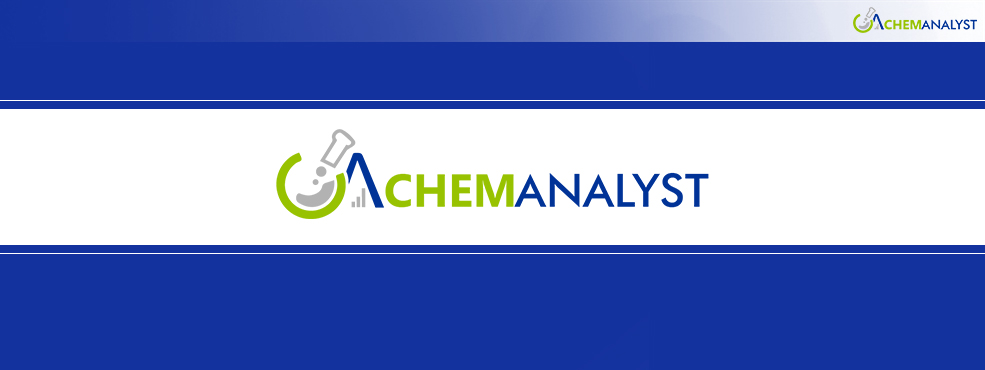Welcome To ChemAnalyst

Deutsche ReGas secures long-term regasification deals with BASF and Equinor at Mukran terminal, strengthening Germany’s energy security and supply diversification.
Deutsche ReGas has finalized significant long-term agreements for regasification capacity at its “Deutsche Ostsee” Energy Terminal in Mukran, marking a strategic step in enhancing Germany’s energy infrastructure. The company confirmed that it has entered into individual industrial-scale commitments with two major global players: BASF, a leading chemical manufacturer, and Equinor, one of the most prominent international energy companies. These agreements underscore the critical importance of liquefied natural gas (LNG) in supporting energy security across Germany and the wider European region.
While Deutsche ReGas has disclosed the existence of these partnerships, the parties have mutually decided to keep the remaining contractual terms and conditions confidential. This approach reflects the sensitive and highly competitive nature of the Energy Sector, where pricing, duration, and specific volumes often remain undisclosed to protect the commercial interests of all stakeholders.
The “Deutsche Ostsee” terminal at Mukran represents a vital component of Germany’s evolving energy supply chain. By expanding access to LNG imports, the facility provides an essential alternative to pipeline gas supplies, ensuring greater flexibility, reliability, and resilience in energy procurement. This is particularly significant given Europe’s ongoing efforts to diversify energy sources in light of shifting geopolitical conditions and the increasing global competition for Natural Gas.
In announcing the agreements, Ingo Wagner, Chief Executive Officer of Deutsche ReGas, expressed confidence in the strategic value of these collaborations. He remarked:
“We are proud to support the energy security of one of the leading chemical companies and to work with the leading supplier of natural gas for Germany and Europe.”
This statement highlights the dual significance of the agreements—first, in securing the energy needs of BASF, whose operations rely heavily on reliable and large-scale energy inputs; and second, in strengthening ties with Equinor, a company widely recognized as a key supplier of natural gas across the European continent.
The development also illustrates the broader role of LNG in Germany’s energy transition strategy. As the country continues to reduce its reliance on coal and nuclear power while expanding renewables, LNG is positioned as an important bridging fuel. By ensuring long-term access to regasification capacity, BASF and Equinor gain a level of certainty and operational stability that is crucial for both industrial competitiveness and energy system resilience.
Overall, these agreements demonstrate how industry leaders are collaborating to reinforce Europe’s energy stability at a time when security of supply has become a pressing concern. The Mukran terminal, through such partnerships, is poised to serve as a cornerstone of Germany’s diversified energy infrastructure in the years ahead.
We use cookies to deliver the best possible experience on our website. To learn more, visit our Privacy Policy. By continuing to use this site or by closing this box, you consent to our use of cookies. More info.
